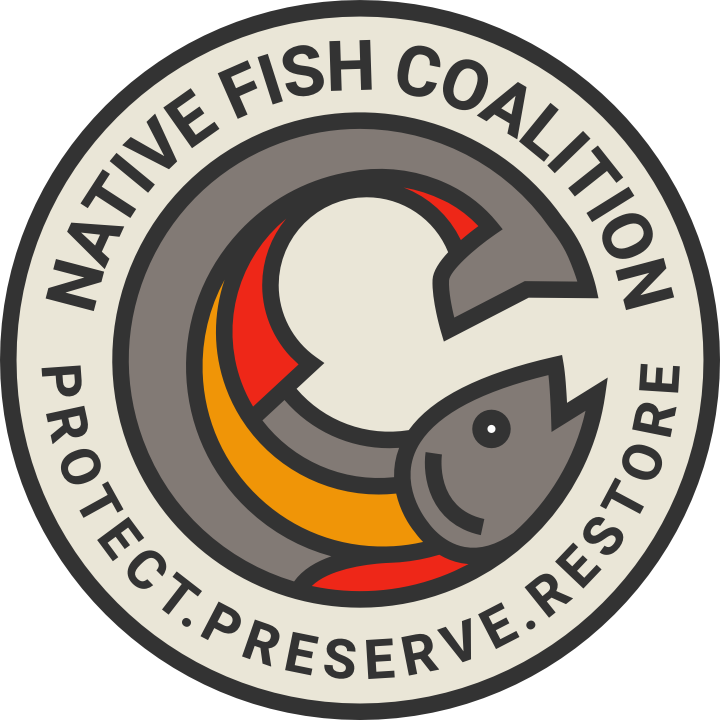BILL WOULD GUARANTEE FUNDING FOR LAND AND WATER CONSERVATION FUND
June 12, 2019 – Land and water conservation projects nationwide would receive a big boost from a bipartisan bill introduced this week to guarantee full funding for the Land and Water Conservation Fund (LWCF), one of the nation’s most important conservation programs.
The bill, HR 3195, introduced in the U.S. House of Representatives by Congressmen Jeff Van Drew (D-NJ), Raul Grijalva (D-AZ), Brian Fitzpatrick (R-PA), and six other members of Congress would provide $900 million annually. The popular LWCF conservation program has helped support the creation of more than 40,000 parks, wildlife refuges, historic sites, and outdoor recreation areas across the country since its inception in 1965.
In Maine, more than $190 million from LWCF has contributed to the protection of beloved landmarks such as Acadia National Park, Sebago Lake State Park, the Rachel Carson National Wildlife Refuge, and the Allagash Wilderness Waterway, while also protecting trails, ball fields, historic landmarks, and community open space and recreation projects.
“Maine people have overwhelmingly supported the LWCF program for years, because it has played such an important role in conservation projects across the state,” said Natural Resources Council of Maine (NRCM) Federal Outreach Coordinator Kristin Jackson. “Now that this bill has been introduced to provide guaranteed full funding for LWCF, we encourage Congresswoman Chellie Pingree and Congressman Jared Golden to continue to show their support for LWCF and join as co-sponsors.”
Senators Susan Collins and Angus King have co-sponsored a Senate companion bill to permanently fund the LWCF at a full $900 million a year.
Only twice in its 54-year history has LWCF received the full funding level that it is supposed to receive annually from Congress. LWCF receives money from offshore oil revenues, at no cost to taxpayers, and should be receiving $900 million annually. However, Congress consistently taps into this revenue stream for other programs, leaving only about half of the $900 million for LWCF.
This year, Representative Pingree and other members of the House Appropriations Committee allocated $524 million in their proposed Fiscal Year 2020 budget, a 20% increase from last year and the largest amount in more than 15 years. Though significant, conservation organizations, municipalities, local legislators, business and community leaders, and nonprofit organizations nationwide are urging lawmakers to cosponsor and to enact legislation that will guarantee full funding for LWCF in the future.
Outdoor recreation is an important part of the Maine economy. The Outdoor Industry Association has found that outdoor recreation supports $8.2 billion in consumer spending in Maine and 76,000 jobs. Further, the U.S. Census reports that each year more than one million people hunt, fish, or enjoy wildlife watching in Maine, contributing more than $1.5 billion to the state economy in wildlife recreation spending.
“Passage of the full funding bill would ensure that parks, wildlife refuges, biking and hiking trails, and numerous other outdoor projects that Mainers enjoy visiting and exploring will receive the support they need,” said Jackson.
###
Founded in 1959, the Natural Resources Council of Maine is our state’s leading nonprofit membership organization protecting Maine’s land, air, waters, and wildlife. We harness the power of science, the law, and the voices of more than 20,000 supporters from across Maine and beyond to protect the nature of Maine.

